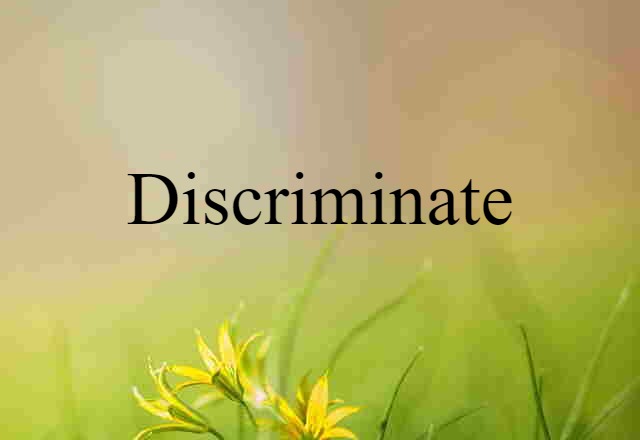- in Marxist theory, the powerful capitalist class that owns and is concerned with property, as contrasted with the wage-earning class, which must concern itself with survival: the interests of the bourgeoisie are opposed to revolution and invested in the status quo: According to Marx, the rise of the bourgeoisie split the whole of society into two enemy camps—the bourgeoisie and the proletariat.Many postcolonial societies in the 21st century are hindered by greedy and repressive bourgeoisies.
- the middle class, made up mainly of entrepreneurs, managers, professionals, and skilled office workers, and often characterized as having conventional tastes and values and prizing respectability: The pleasure park was for the entertainment of the little town's bourgeoisie on summer evenings, with a dance hall, a gazebo, and other attractions.These mass-produced postcards of exotic places were intended for consumption by a white, urban bourgeoisie back home.
- the middle classes
- (in Marxist thought) the ruling class of the two basic classes of capitalist society, consisting of capitalists, manufacturers, bankers, and other employers. The bourgeoisie owns the most important of the means of production, through which it exploits the working class
















